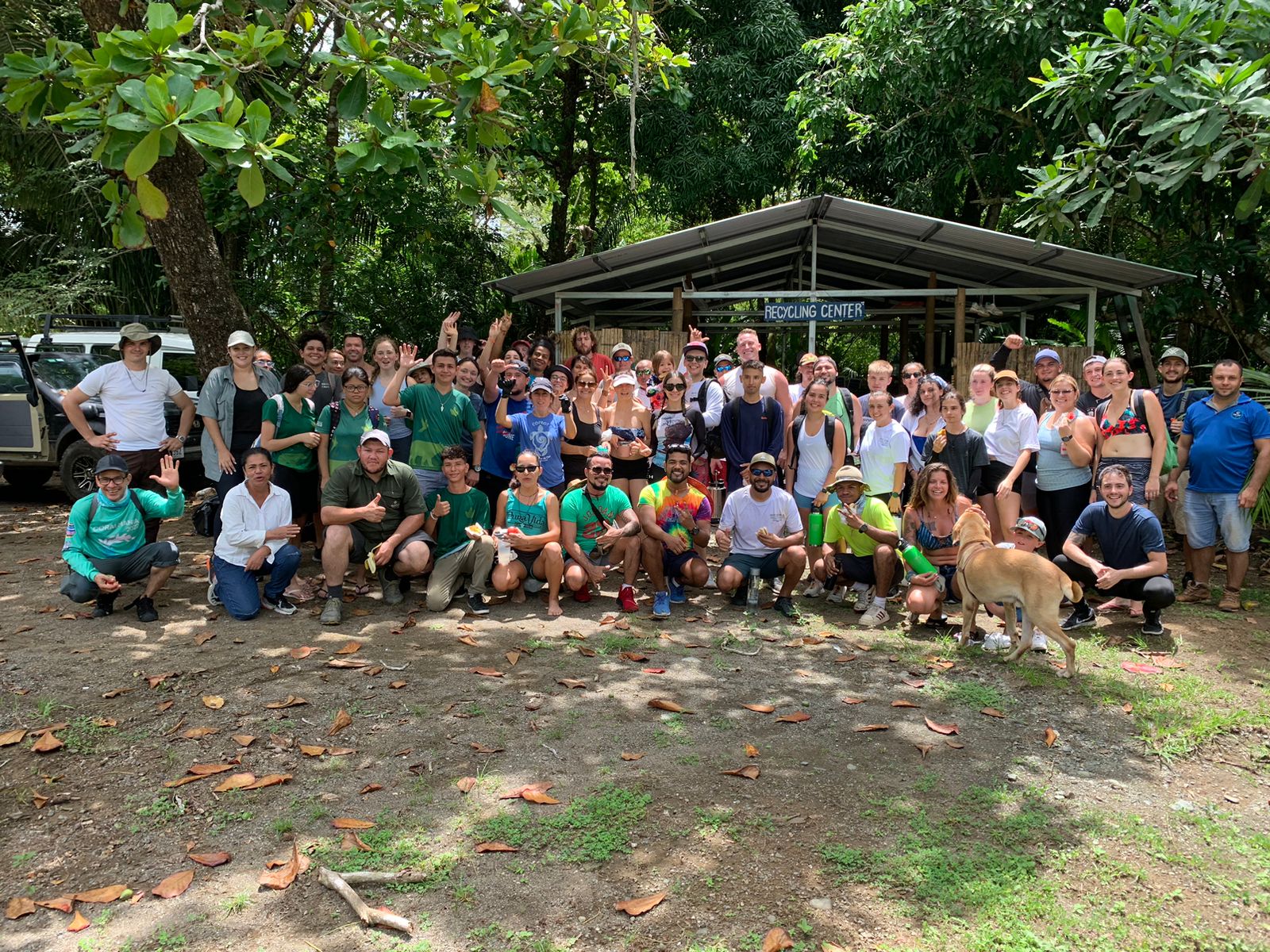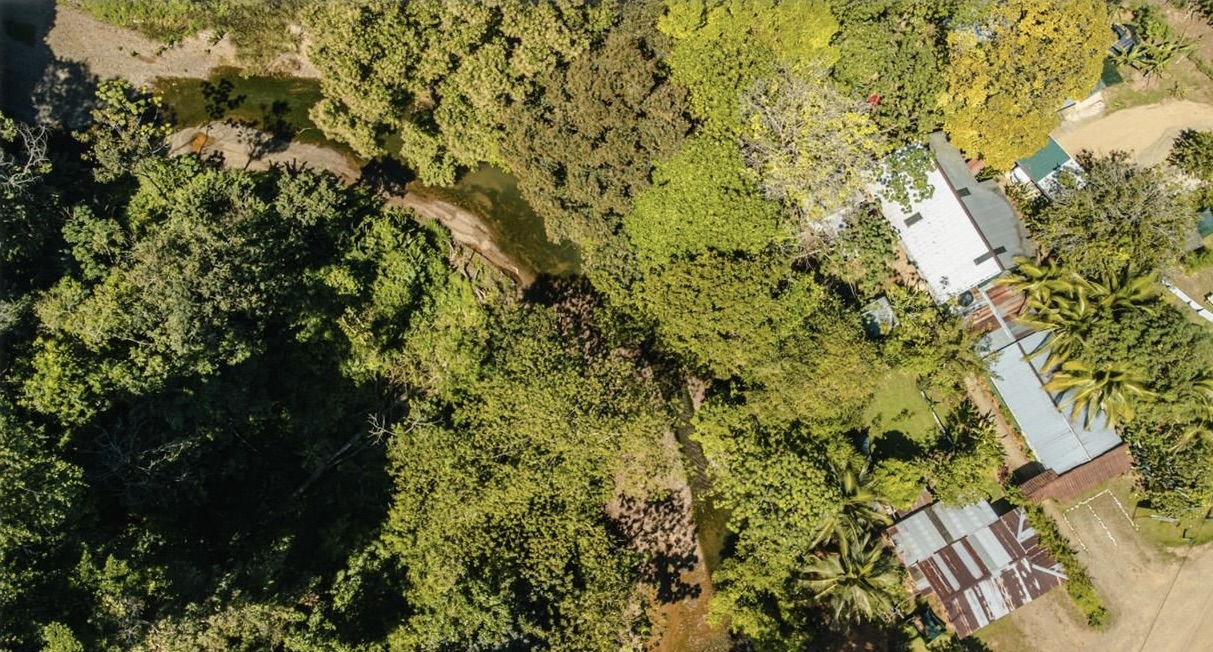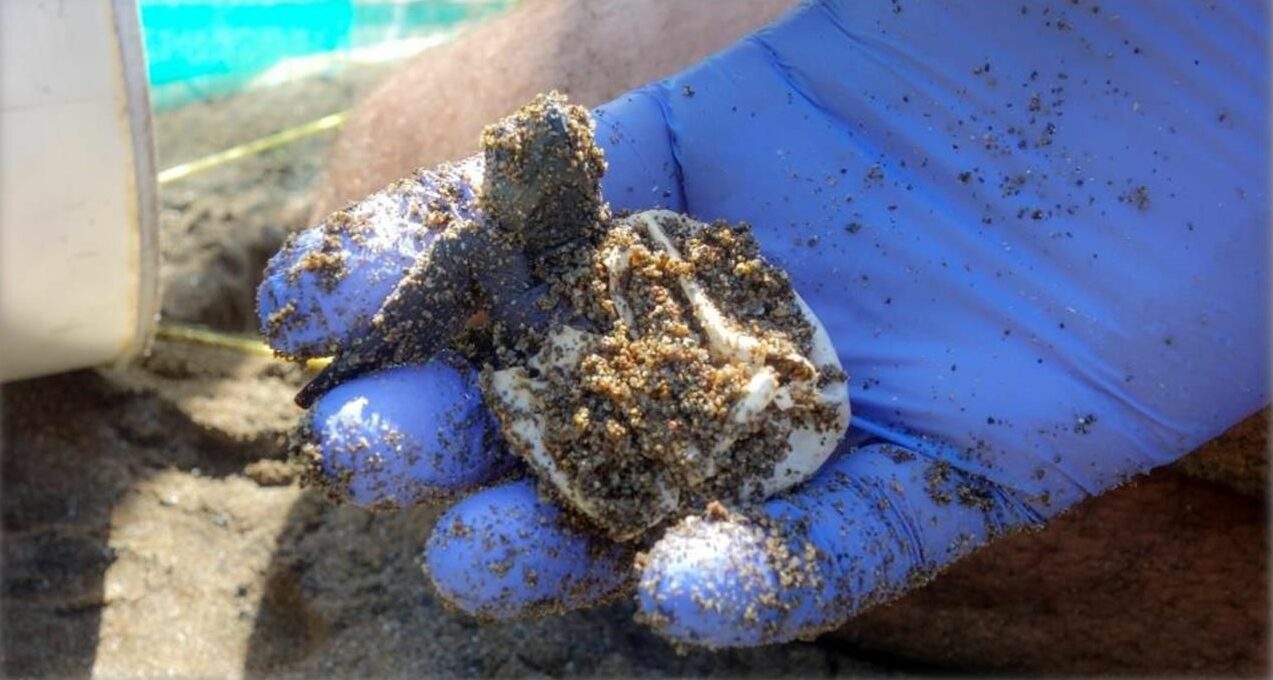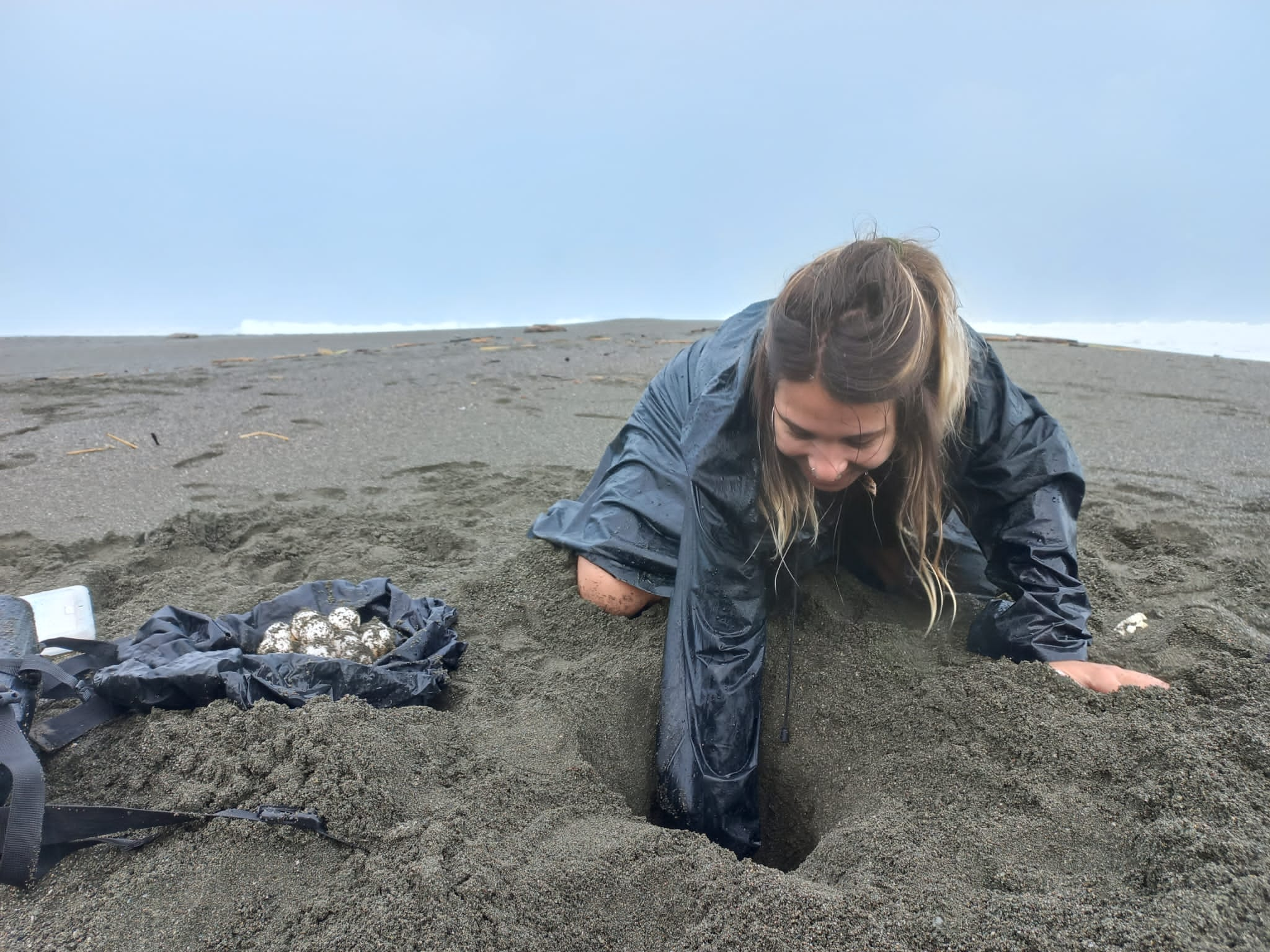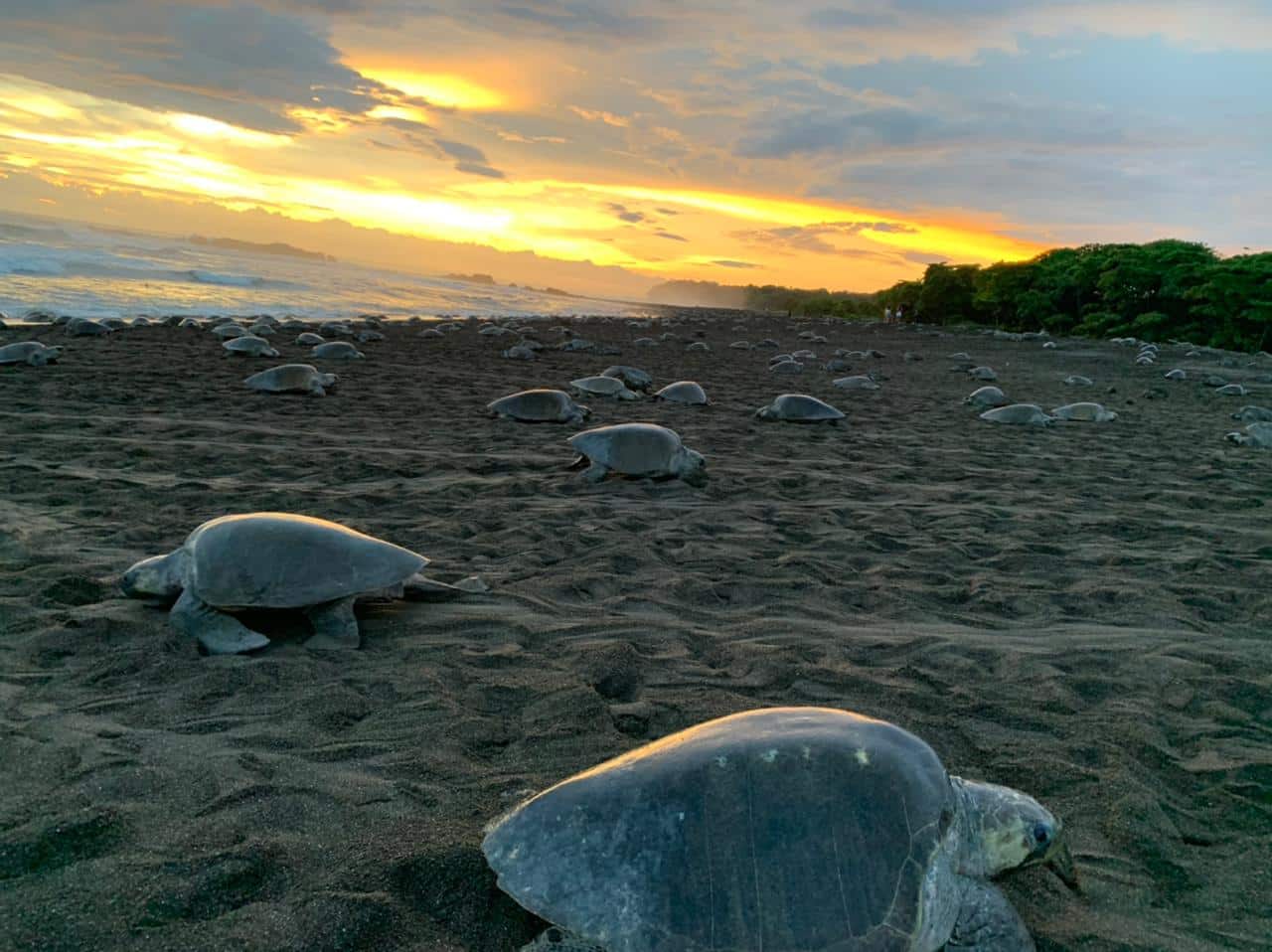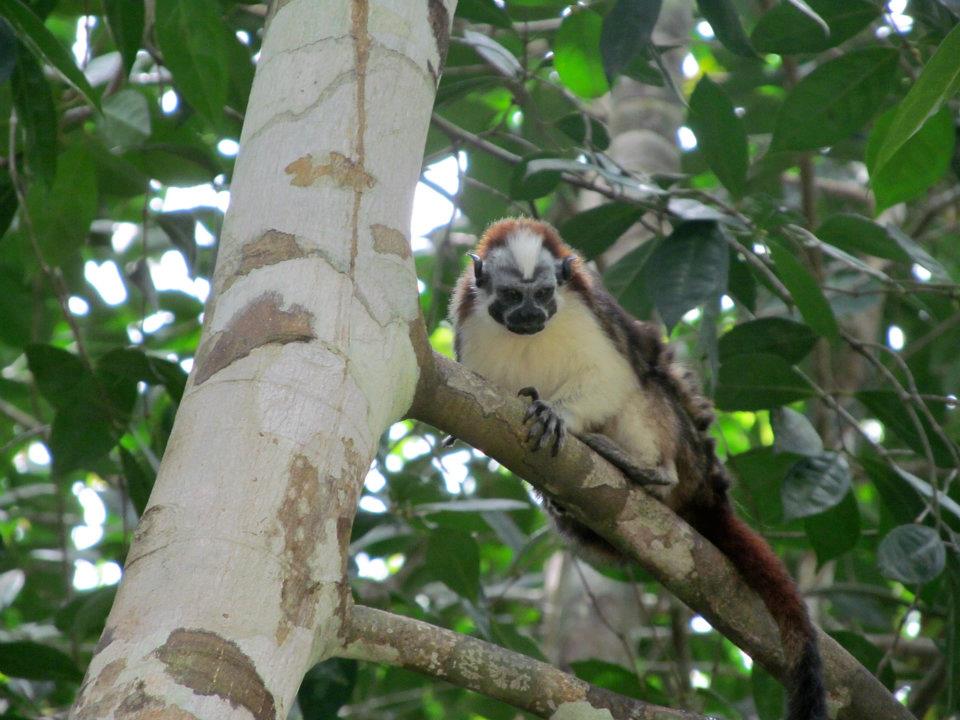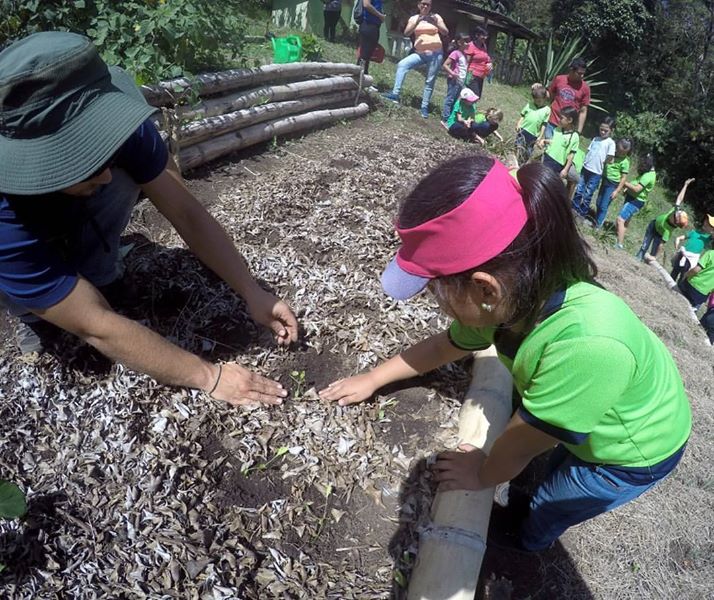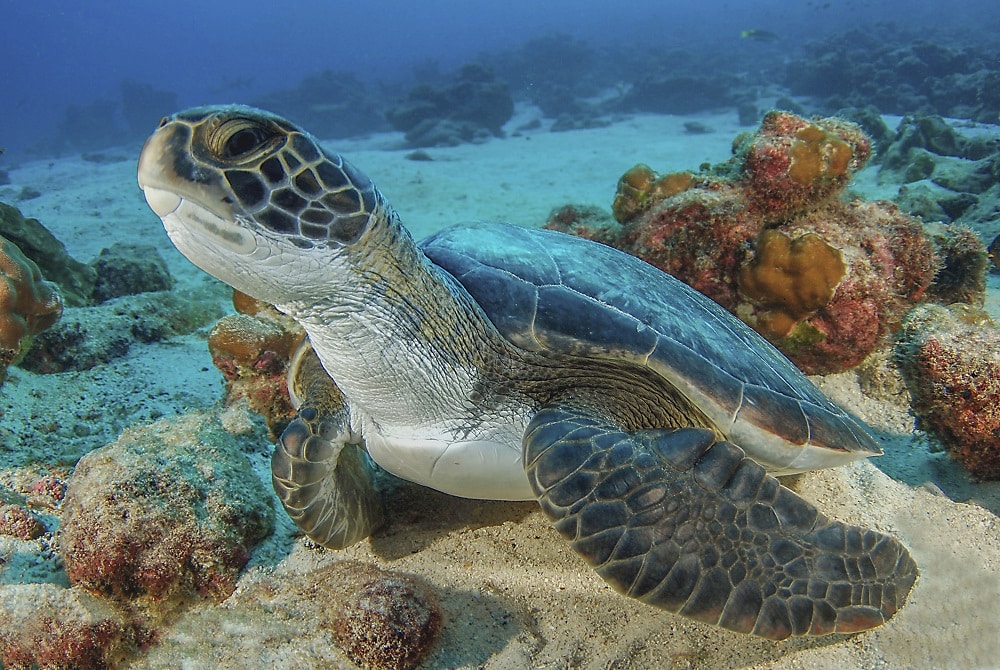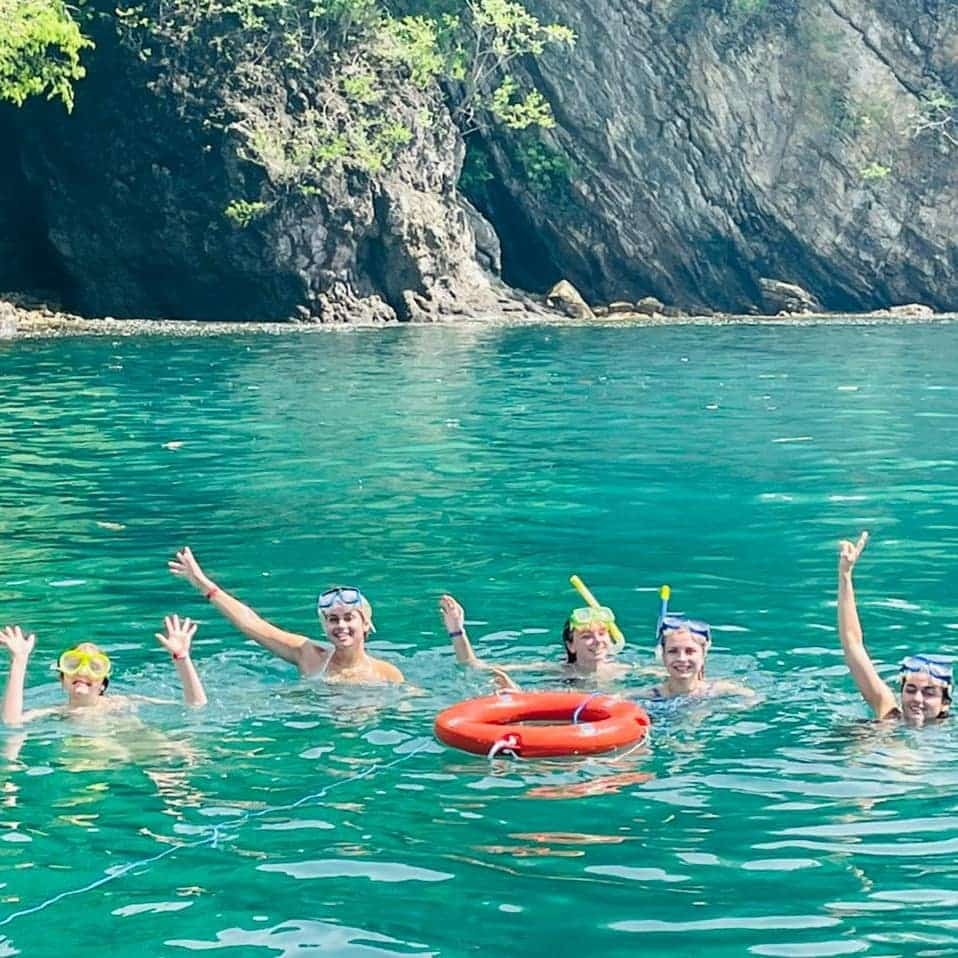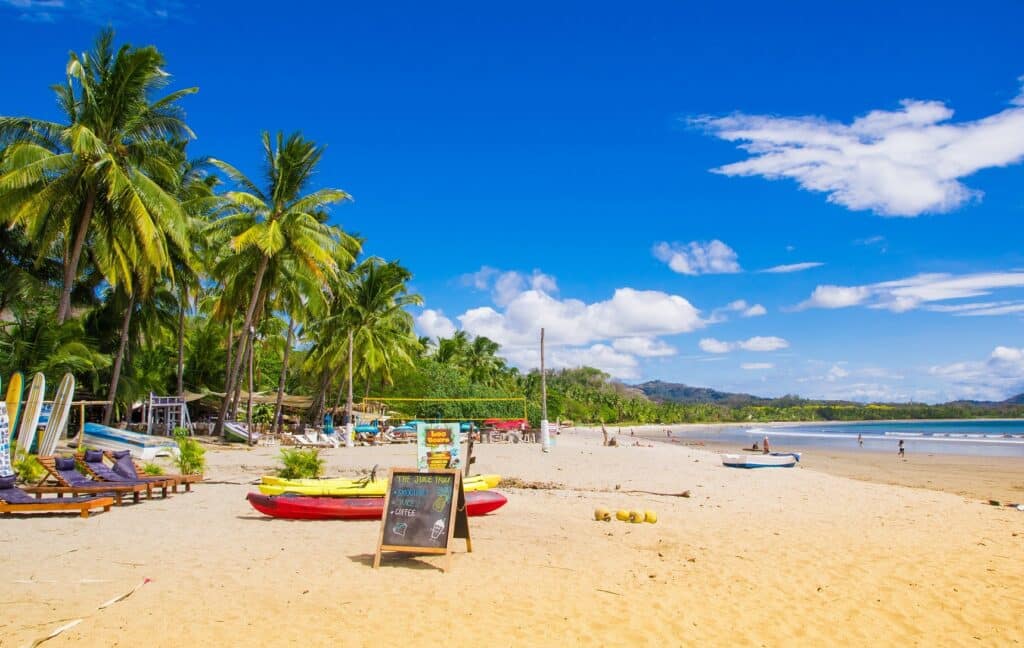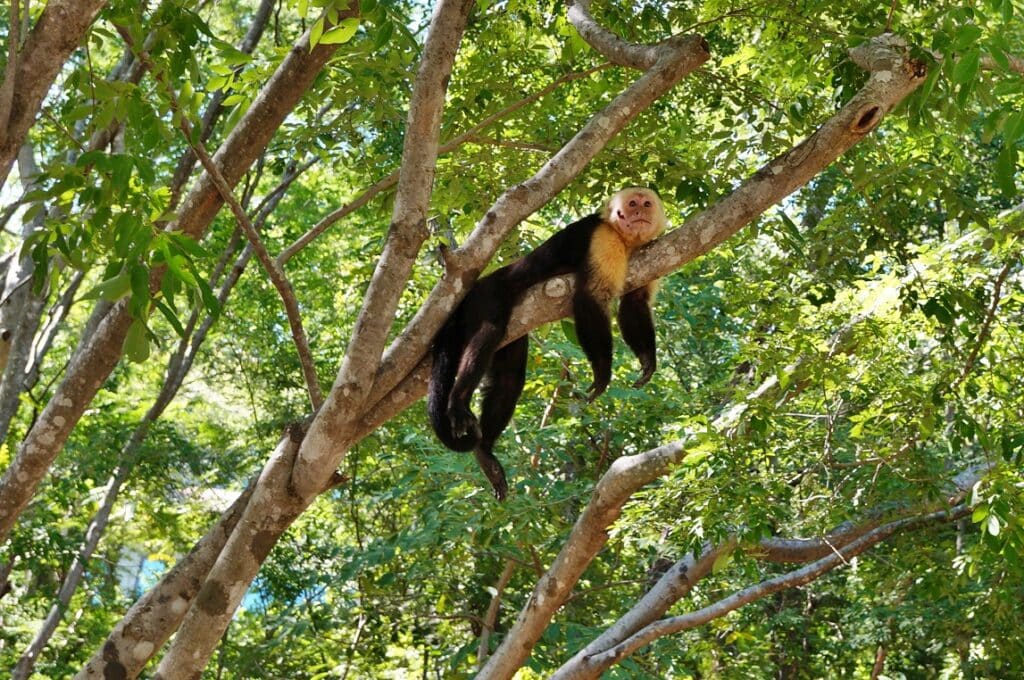Costa Rica, a forerunner in ecotourism
Ecotourism in Costa Rica has become a model for environmentally conscious travelers. Recognized for its proactive conservation policy, the country attracts nature lovers and travelers eager to discover exceptional biodiversity without harming the ecosystem. By choosing Costa Rica, tourists participate in a responsible trip that supports conservation and local communities. Environmental preservation is at the heart of the Costa Rican ecological experience. The country has established an impressive network of national parks and private reserves covering over 25% of its territory. These efforts are crucial to protecting the varied habitats that are home to rare and endangered species, from tropical rainforests to coastal areas rich in marine fauna. Tourism, by contributing financially to these reserves, plays a vital role in their preservation.
Sloths and colorful frogs
Costa Rica is a wildlife sanctuary. From sloths to colorful frogs, this country offers a picture of species life rarely found elsewhere. Ecotourism programs offer guided tours that educate visitors about the importance of biodiversity and how to protect it, reinforcing the commitment to greener tourism.
The concept of solidarity travel comes into its own in Costa Rica. Visitors can get involved in projects that support local economies, such as community tourism, which helps preserve indigenous traditions and lifestyles. These initiatives ensure that the benefits of tourism flow directly back to communities, promoting sustainable and equitable development.
Costa Rica's main biodiversity spots
Costa Rica offers a multitude of places with a particularly rich biodiversity. Among the most popular are
- Manuel Antonio National Park: Famous for its magnificent beaches and abundant wildlife.
- Arenal volcano: An active volcano surrounded by natural hot springs, tropical forests and waterfalls.
- Monteverde Cloud Forest: A biological reserve rich in biodiversity, with suspension bridges and zip lines to explore the canopy.
- Tortuguero National Park: A paradise for sea turtle watching.
- The Osa Peninsula: A wild and isolated region, perfect for wildlife observation.
- Corcovado National Park: A nature reserve protecting a wide variety of flora and fauna.
- Pacific coast beaches: Costa Rica is famous for its idyllic beaches, ideal for swimming, surfing and relaxing.
Environmental volunteering in Costa Rica, a journey committed to nature
Costa Rica, a world leader in environmental preservation, offers countless volunteer opportunities for those wishing to make an active contribution to protecting nature.Eco-volunteering is particularly well developed here. It enables volunteers to take part in projects that have a direct impact on the conservation of ecosystems and the preservation of endangered species.
Eco-solidarity and participatory travel in the land of pura vida
Eco-solidarity travel encourages the active participation of visitors in environmental projects. These initiatives, often organized by local communities, enable volunteers to immerse themselves in Costa Rican culture while helping with concrete conservation actions. The participatory nature of these trips makes for an enriching and mutually beneficial experience, strengthening the link between environmental conservation and community development.
Many animal shelters
Many animal shelters in Costa Rica also offer opportunities for environmental volunteering. These shelters are essential for the rehabilitation of injured or orphaned wild animals and their return to the wild. Working in these refuges not only helps to protect biodiversity, but also raises awareness of the importance of local flora and fauna.
Travel with a positive ecological impact
By taking part in these volunteer programs, individuals don't just visit Costa Rica; they play an active role in preserving its unique and precious natural heritage. It's an opportunity to get involved in a meaningful way, while living an unforgettable adventure.
Ecovolunteering in Costa Rica is a rewarding way to help preserve the environment and protect biodiversity. Costa Rica is renowned for its rich ecological diversity, national parks, nature reserves and conservation efforts. Many organizations and projects welcome volunteers from all over the world to take part in environmental preservation activities.
Here are some examples of ecovolunteering opportunities in Costa Rica
- Sea turtle protection: Costa Rica is home to several sea turtle nesting beaches. Volunteers can help protect nests, monitor turtle populations and raise awareness of turtle conservation.
- Reforestation: Numerous reforestation projects are underway in Costa Rica to combat deforestation. Volunteers can plant native trees, maintain nurseries and restore natural ecosystems.
- Wildlife observation: Costa Rica's national parks and nature reserves offer many opportunities for wildlife observation. Volunteers can participate in field studies, collect wildlife data and contribute to research efforts.
- Biodiversity conservation: There are projects to protect endangered species and restore natural habitats. Volunteers can get involved in programs to protect birds, reptiles, amphibians and other species.
- Environmental education: Raising awareness in local communities of the importance of environmental conservation is essential. Volunteers can take part in educational activities and work with local schools and organizations.


